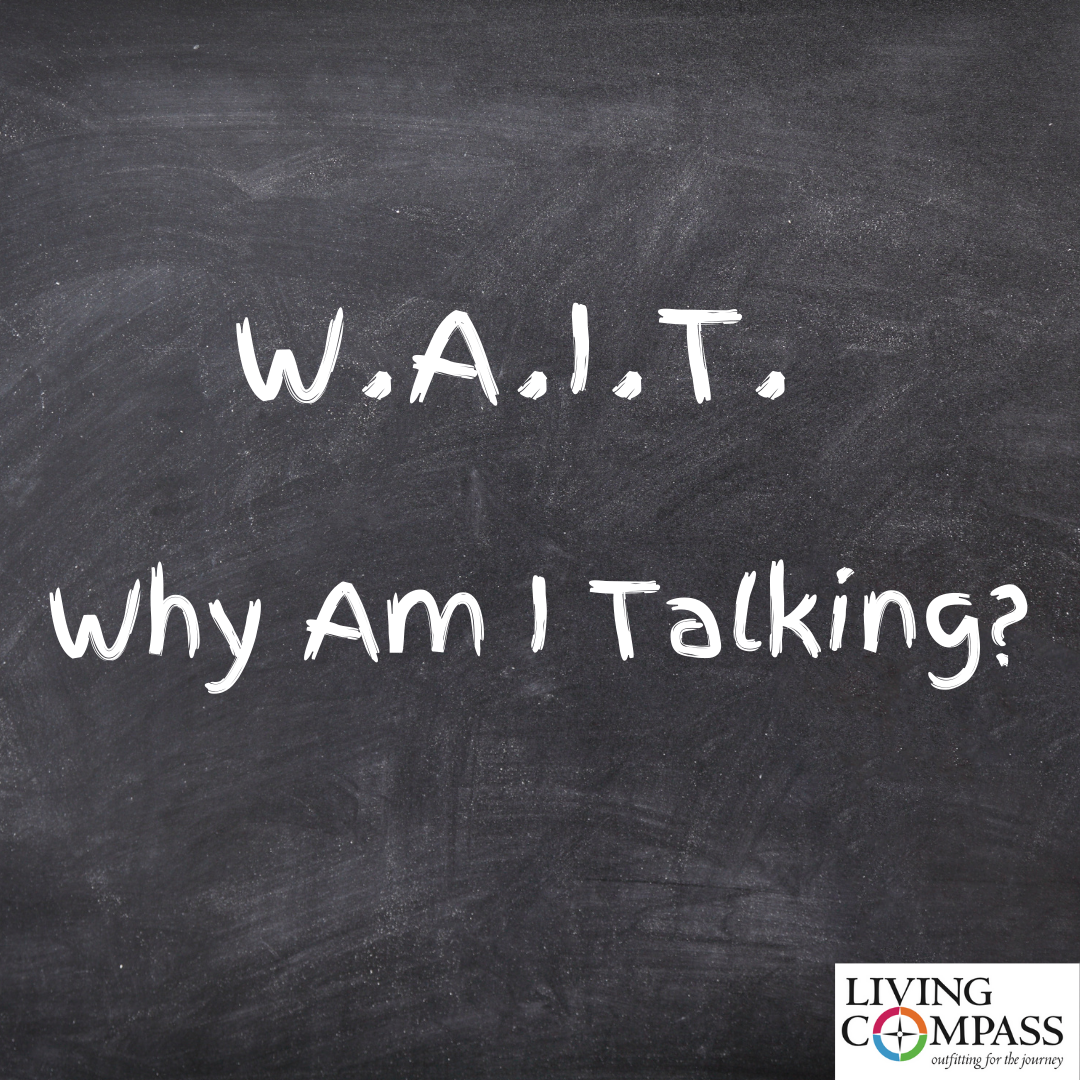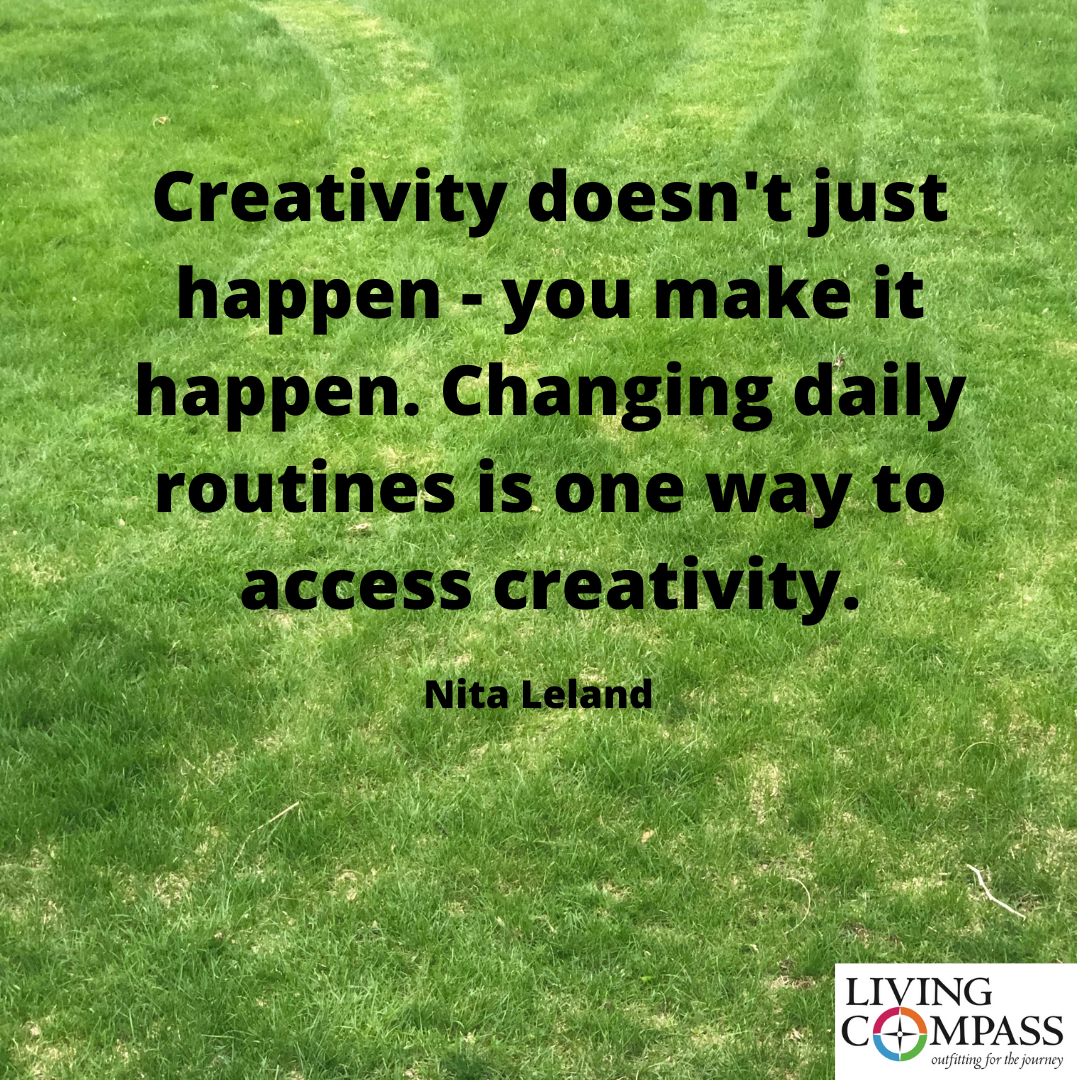Listening to the Holy
Since the pandemic started, I have made it a habit to spend at least one hour outside every day—even throughout the cold Wisconsin winter. I started this practice initially to take a break from screen time and spending too much time indoors. There is now another reason I continue it.
Now that spring is bursting forth in full force, each hour spent outside is a delight. The sounds of the birds (robins, cardinals, sandhill cranes, red-wing blackbirds, chickadees, and Canada geese, to name a few), the beauty and fragrance of the buds and flowers, the warming of the sun, and even the spring showers are a gift from heaven that regularly call me to come to enjoy them.
The reason I love spending time in nature is that it feels a bit like heaven to me. My entire life, as long as I can remember, I have always felt enchanted by nature and have regularly experienced the presence of the Holy whenever I spend time outdoors, soaking in the natural world.
Recently, I have written several columns about listening. Based on the responses of those of you who have written to me, I am apparently not the only one who wants to improve their listening skills.
Continuing the theme of being a better listener, I have extended my focus to include being a better listener to the natural world around me. In addition to enhancing my listening to others, I have been practicing this as well.
I want to share this poem I recently discovered entitled “Listening to Spring,” and I invite you to leave your earbuds at home next time you go for a walk. I invite you to listen instead, as our poet, Macrina Wiederkehr, must have done, to the sounds of the Holy that are all around, just waiting to be noticed by us.
“Listening to Spring”
How quietly the earth breathes forth new life. How eagerly the sun bleeds for the spring.
I am listening.
I am listening to seeds breaking open, to roots growing strong beneath the ground, to green shoots rising up from the winter wombs.
I am listening to thorns blossoming, to barren branches laughing out new growth, to wildflowers dancing through the meadows.
I am listening.
I am listening to the forest filling up with song. I am listening to the earth filling up with life. I am listening to trees filling up with leaves.
I am listening.
I am listening to the sky with its many changing moods, to flashes of lightning, peals of thunder, to opening buds and greening grass….
I am listening to the breaking form of light in the vestibule of dawn. I am listening to the freshness of the morning.
I am listening.
I am listening to the brook, to the song of happy waters. I am listening to music rising up from all the earth. I am listening to spring soaring on wings of life. I am listening to the sounds of spring.
I am listening to prayers pouring forth from feathered throats. I am listening to prayers rising up from misty waters. I am listening to prayers of a meadow crowned with dawn.
I am listening.
I am listening to the growing in the garden of my heart. I am listening to my heart singing songs of resurrection. I am listening to the colors of life.
I am listening.
I am listening to winter handing over spring. I am listening to the poetry of spring.
I am listening.
*From ”Listening to Spring” (excerpts) From The Circle of Life, by Macrina Wiederkehr
Subscribe Now to Weekly Words of Wellness:
Click the button below to signup for the e-mail version of Weekly Words of Wellness. This weekly article can be shared with your community electronically and/or used for group discussion.
You can unsubscribe at any time.




